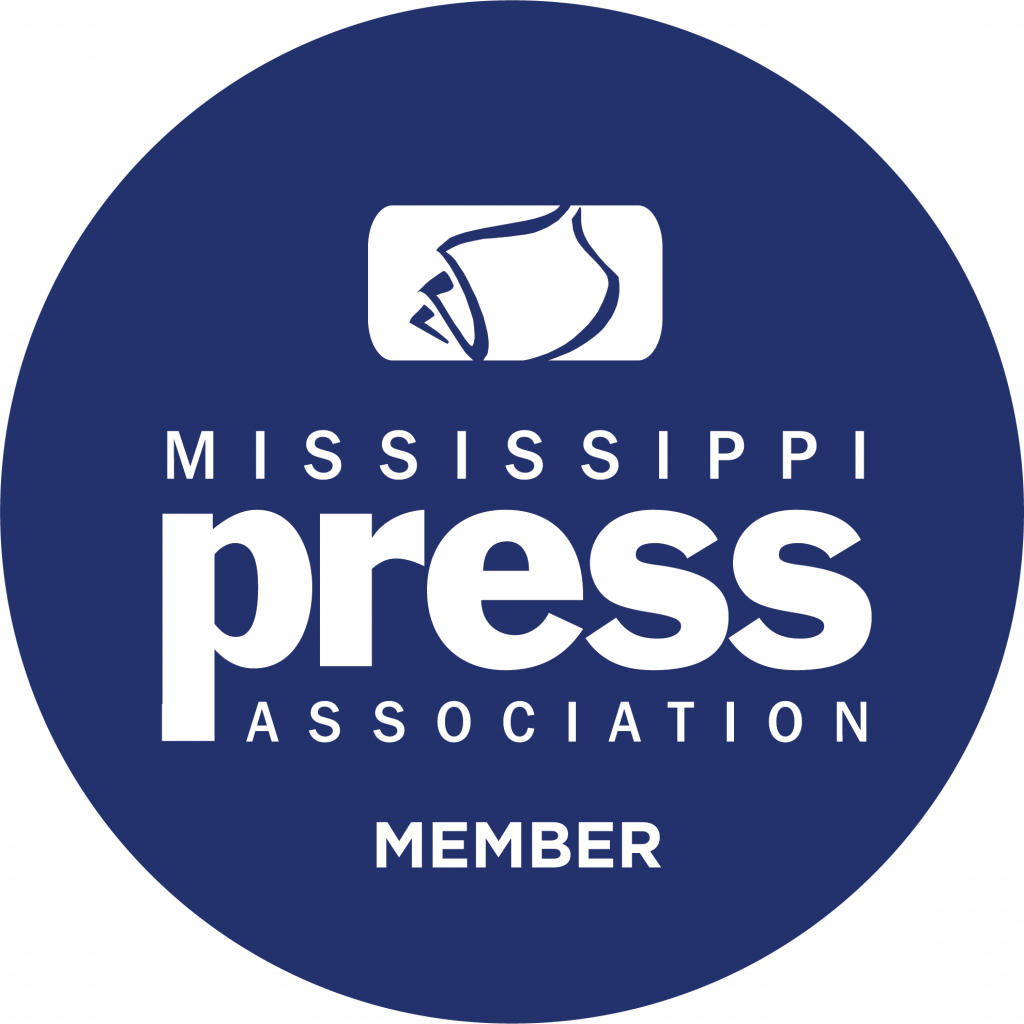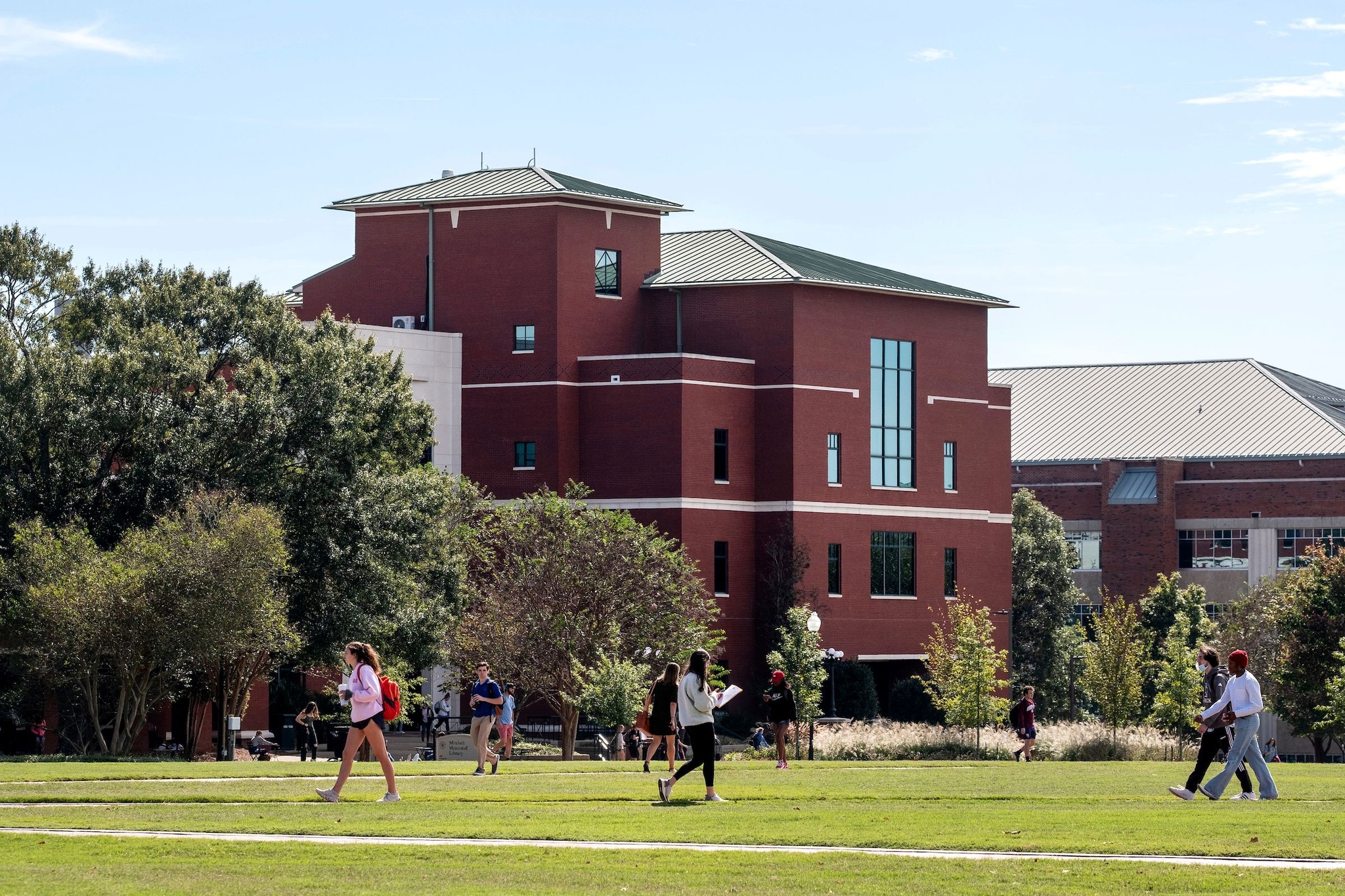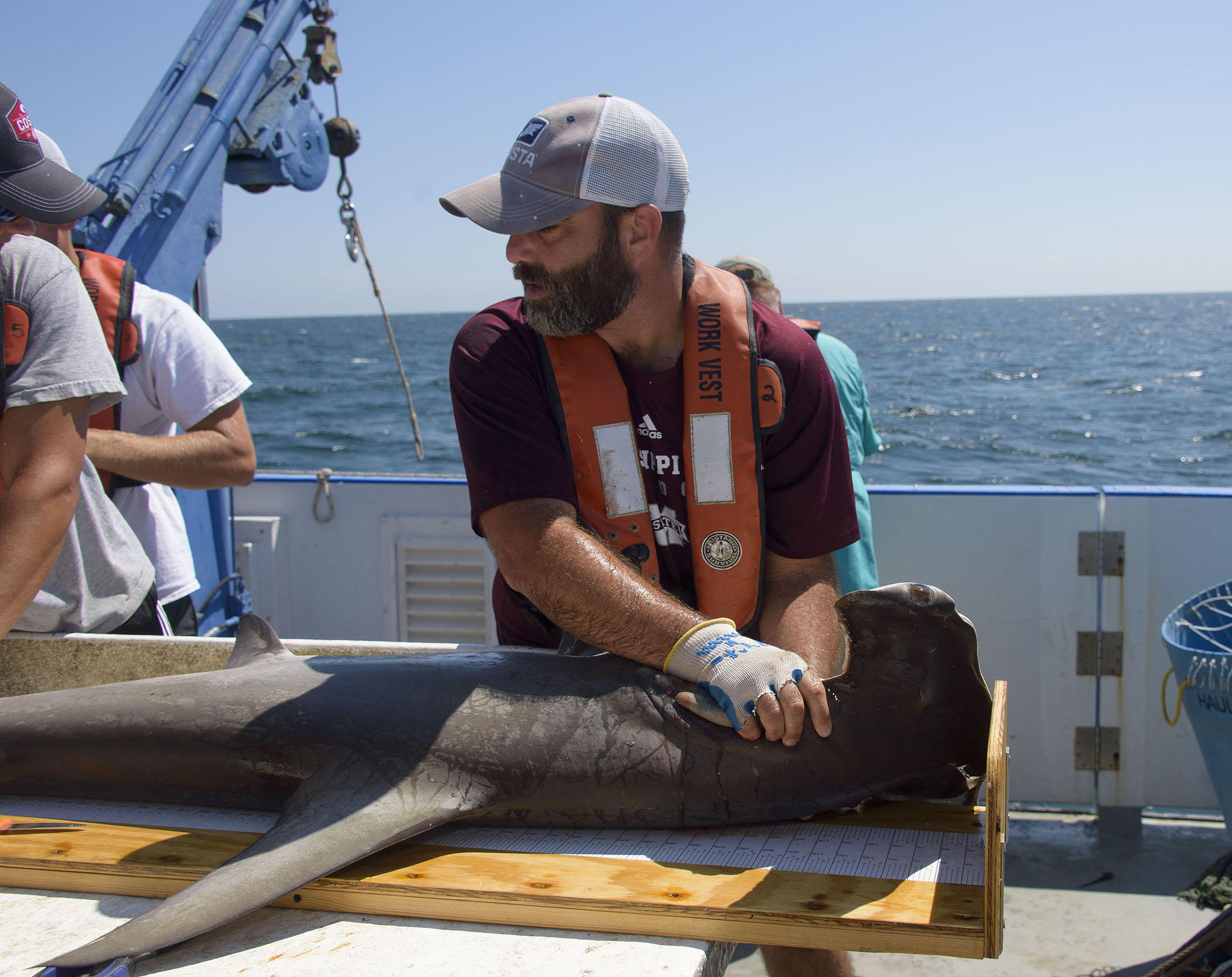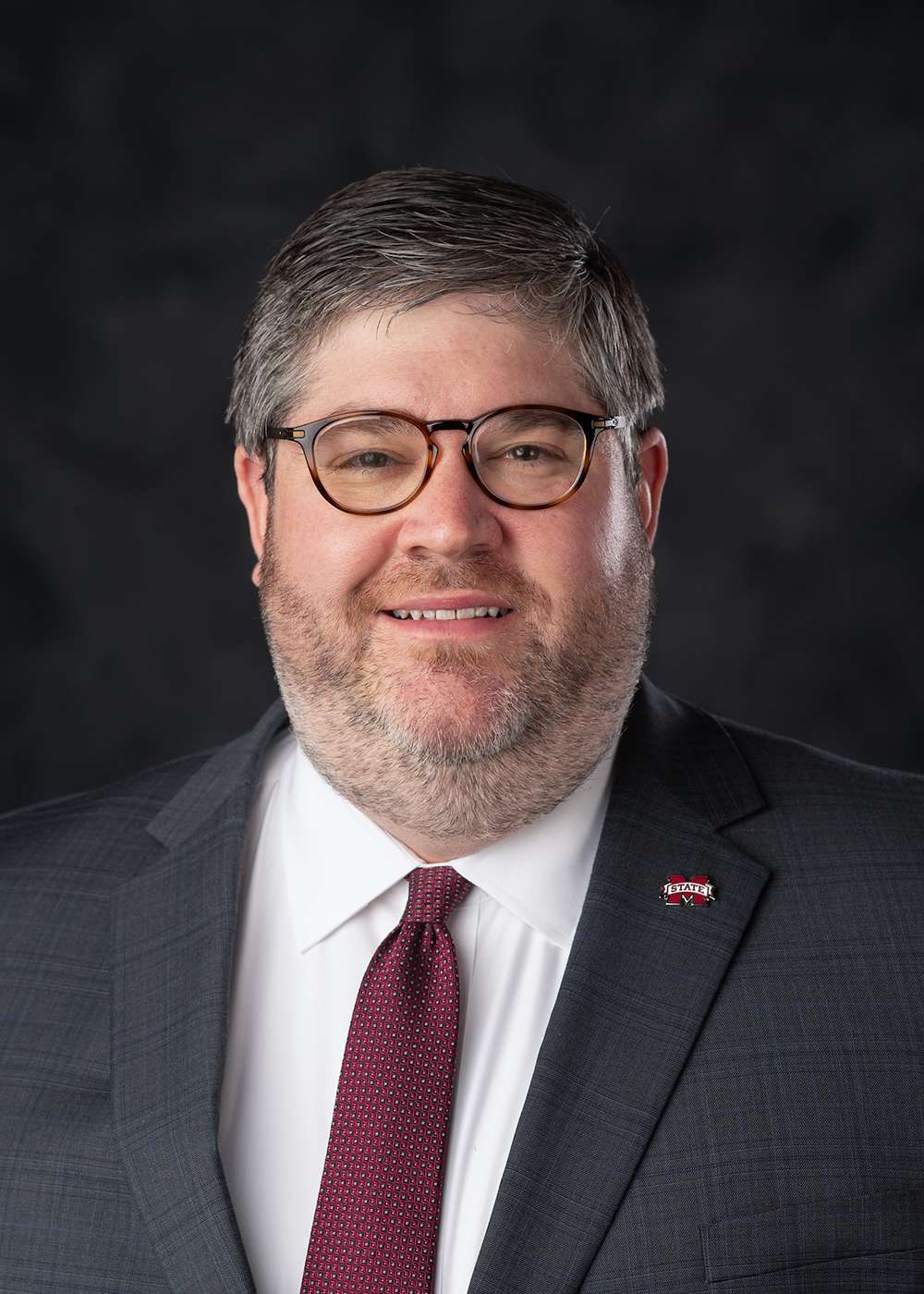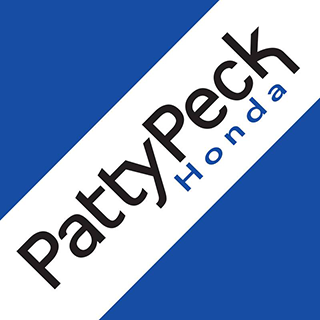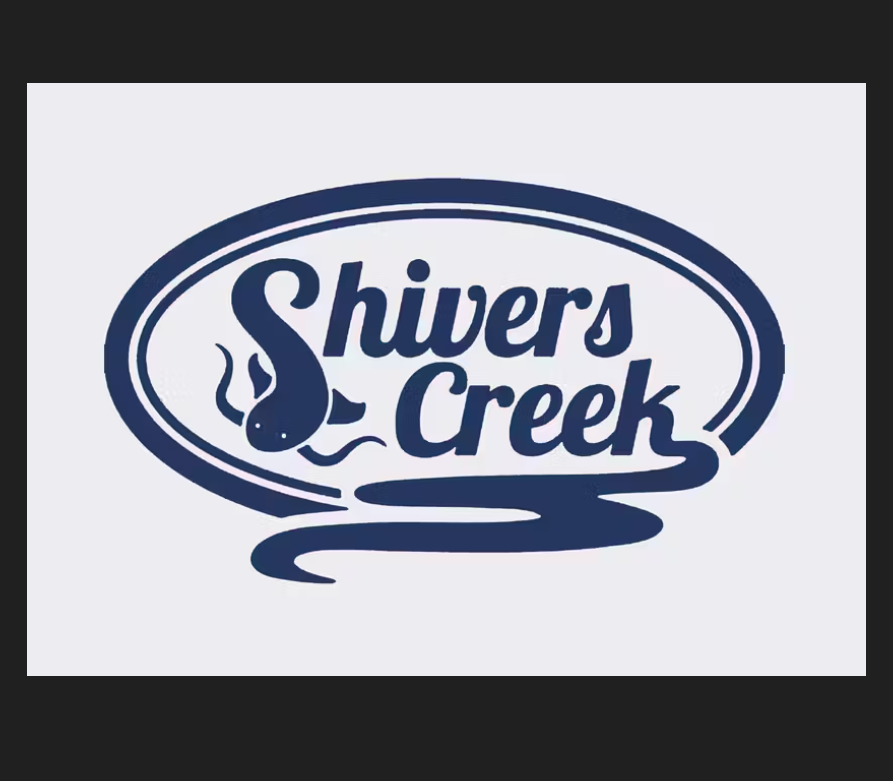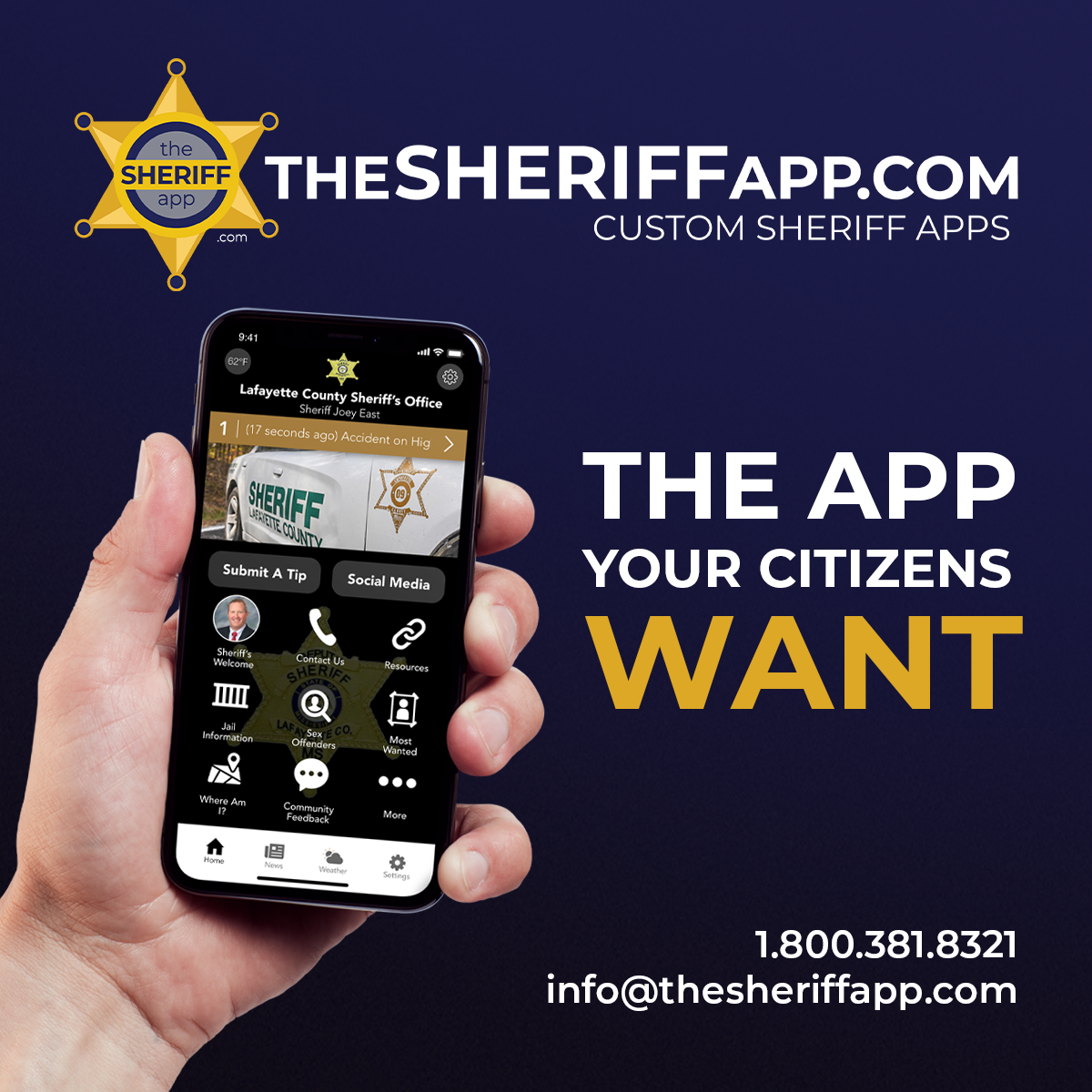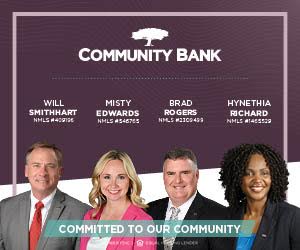After more than a decade of giving students with intellectual and developmental disabilities a chance to experience college while gaining valuable career and life skills, Mississippi State’s ACCESS Program is expanding its reach through online enrichment courses.
ACCESS Online now is open to any student, age 14 or older, regardless of their academic level or disability. The ACCESS Online program, among the first-of-its-kind nationwide, offers innovative courses taught through MSU’s online platform, Canvas, with a curriculum that helps students improve functional life skills, increase independence, expand college and career readiness and develop self-advocacy skills.
ACCESS’s on-campus, four-year residential program was established at MSU in 2010 to provide post-secondary education to students who might otherwise not attend college. It is the only post-secondary, comprehensive transition program in the state and offers students the opportunity to have a full, inclusive college experience, with a focus on academics, career development, independent living and socialization.
“Our mission is to provide students with the knowledge and confidence necessary to become gainfully employed and live as independently as possible in their communities,” said Stacy Jackson, academic coordinator.
“With this in mind, we wanted to expand opportunities for more students to gain knowledge and develop their college and career readiness skills. This means increased opportunities for people with disabilities, whether college or a career is their next step, or those who simply want to pursue more independence,” she said, crediting the university’s Center for Distance Education with making the additional online program possible.
Enrolling in ACCESS Online courses only requires a simple registration process, and the classes are offered in conjunction with MSU’s fall, spring and summer semesters. Fall and spring courses are 13 weeks, while summer courses are 10 weeks. All courses are self-paced with weekly deadlines and taught by MSU’s certified, online-education ACCESS instructors. Students typically engage from three to six hours per week in course content.
Jackson said there are options for full financial sponsorship to cover the cost for qualifying Mississippi residents through the Mississippi Department of Rehabilitation Services, and self-pay also is accepted.
She emphasized that secondary schools can partner with MSU’s ACCESS Online to help meet Individualized Education Program (IEP) goals and expand student learning options.
Abby Voyles, a special education teacher at New Albany High School, described the experience of an 11th-grader currently enrolled in ACCESS Online. NAHS is helping facilitate his program participation and providing classroom support as he completes coursework.
“We take time through the week to help him one-on-one as he works through the material and completes all the assignments. This includes watching a lecture, completing guided notes and weekly assignments, as well as a weekly test and bonus work for extra credit,” Voyles explained.
She said NAHS has had a positive experience this semester piloting the MSU ACCESS Online program to create more options for special education students. With just one student currently enrolled, she is expecting more to enroll this fall. She said her current ACCESS Online student’s parents are very supportive and also hope he may apply for admission to ACCESS’s on-campus, four-year residential program after he completes his high school work.
“ACCESS Online is not a prerequisite for that, but his parents have been happy for him to have this opportunity,” Voyles said.
Jackson said in addition to being good for the students, “It’s great for special education teachers because it offers student-driven content and curriculum focused on topics such as employment or money management to help students identify their interests and potential careers, as well as how to handle their finances and make wise spending and saving choices.”
She said Madison Central High School also is piloting the program and she hopes to see more secondary schools utilize it as an important resource. Despite the online program not being a requirement to apply for the on-campus ACCESS program, Jackson said some families interested in the on-campus program are using ACCESS Online to develop prerequisite skills.
To learn more, contact Jackson at slm244@msstate.edu or visit www.access.msstate.edu/online-education.
